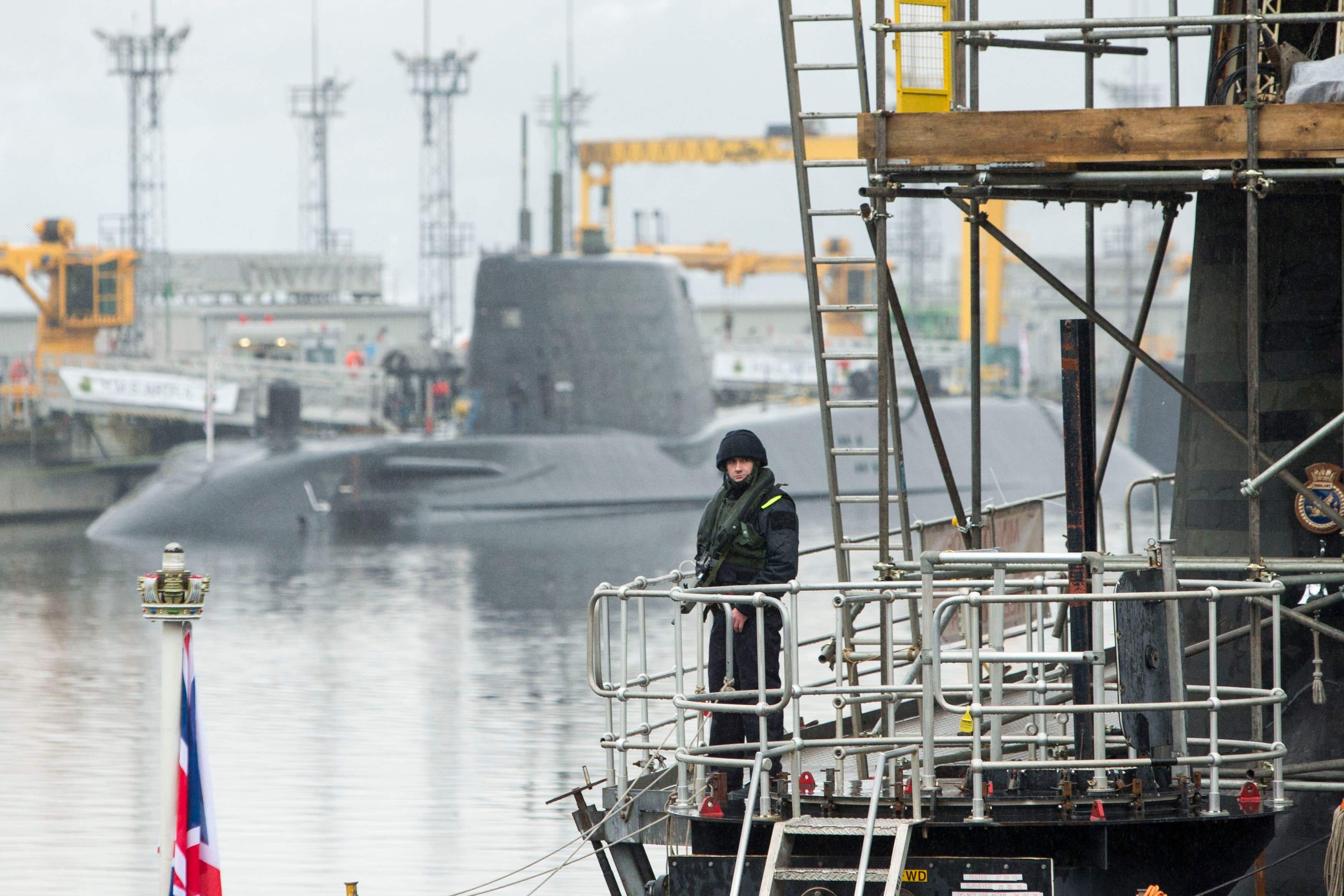‘Grim briefings’ on nuclear option await Starmer on first day as PM
Each of Britain’s four nuclear-armed submarines carries a handwritten letter from the prime minister with orders in case Britain is wiped out.

Within hours of entering Downing Street, Sir Keir Starmer will be confronted by probably the most daunting of all his new responsibilities – deciding what should happen if the UK is wiped out in a nuclear attack.
After greeting staff at Number 10, he will be briefed in a secure room by Simon Case, the Cabinet Secretary, and Admiral Sir Tony Radakin, the Chief of the Defence Staff, on Britain’s nuclear capabilities and what damage a Trident missile can do.
He will then be given some paper and some envelopes, and left alone to write the infamous “letters of last resort”.
Since the early 1970s, each of the UK’s nuclear-armed submarines has carried one of these four, identically worded, letters written in the Prime Minister’s own hand setting out what the boat’s captain should do if a nuclear strike has destroyed the UK and there is no one left to authorise the launch of Trident missiles.
According to the historian Peter Hennessy, there are typically four options available to the Prime Minister: retaliate, don’t retaliate, place the submarine under the command of an allied nation (usually America or Australia), or the captain of the boat to use his own judgment.
Once written and sealed in their envelopes, the letters will then be taken to the submarine base at Faslane and placed inside a safe, inside another safe in each submarine’s control room – hopefully never to be opened.
Rishi Sunak’s letters will be removed from the safes and destroyed unopened. Nobody knows what orders the letters contained except for the prime minister who wrote them.
In his book The Secret State, Lord Hennessy said the “grim briefings” on the nuclear option were “the moments when a new PM really appreciates what being prime minister really means”, especially as few are likely to have given much thought to the letters during the campaign.
Although the briefing occurs within the first few hours of a new premiership, the letters themselves are not always written there and then.
Lord Robin Butler, who as cabinet secretary briefed both John Major and Tony Blair on the letters, told the PA news agency that both men had made their “agonising decision” slightly later, possibly at Chequers, the prime minister’s residence in Buckinghamshire, after they had had “time to mull it over and give it some consideration”.
Until the new letters are delivered, the previous prime minister’s instructions remain in force, particularly for the boat that is on patrol during the transfer of power.
Lord Hennessy said Sir Tony had been “quite exercised” that one of the submarines had put to sea just before he became prime minister, and Sir John’s letter would be the ones on board for nearly three months.
Sir Keir declined to answer when asked on the campaign trail whether he had given any thought to what he would put in the letters of last resort.
He said only that it was “a matter of high confidentiality” and that “nobody would expect someone who is serious about being prime minister to disclose the circumstances in which he or she might take action”.
Sir Keir has, however, previously said he would be willing to use nuclear weapons if necessary and committed his party to upgrading Britain’s nuclear deterrent with new submarines after visiting the facility in Barrow-in-Furness where the first of the new boats, HMS Dreadnought, is under construction.
Bookmark popover
Removed from bookmarks